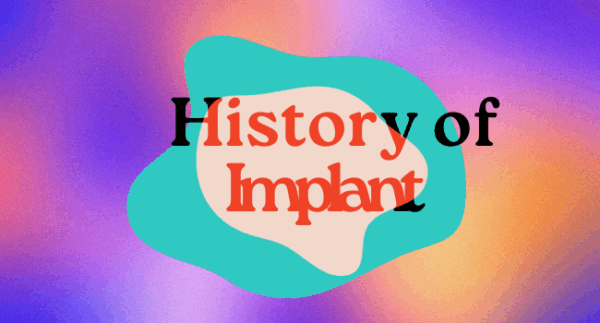Contraceptive Pearl: Risk of Pregnancy Following Emergency Contraception Use
Clinician Question: Is my patient more likely to get pregnant right after she uses EC? Does unprotected intercourse after emergency contraception pills (ECP) carry a higher risk of pregnancy? The answer is yes. In fact, women who have unprotected intercourse in the same cycle that they take ECP are over four times more likely to become pregnant than women who either refrain from sex or use contraception after taking ECP. ECP works by delaying ovulation, so it makes sense that unprotected sex after ECP carries a high risk of pregnancy. Many patients who request ECP are open to choosing a new contraceptive method. However, because most women are able to obtain ECP over the counter, clinicians may miss the opportunity to offer an ongoing method of birth control. We should encourage our patients to avoid unprotected sex following the use of ECP. Using the Quick Start Algorithm, we can guide women to begin a new contraceptive right away. The copper IUD can be inserted up to five days after unprotected intercourse, reducing the risk of pregnancy by 99%. Best of all, it provides ongoing contraception for up to 12 years. The Copper IUD as EC is ideal as it eliminates the high risk of pregnancy that comes with subsequent unprotected intercourse. However, if the IUD is not an option, the most important take home lesson for clinicians is: don’t delay the initiation of ongoing contraception following ECP! We appreciate your feedback! Please write to us at pearls@reproductiveaccess.org with any questions, comments or additional resources to add to our list. Helpful Resources Which EC is Right for Me? Quick Start Algorithm Sources Glasier A, Cameron ST, Blithe D, et al. Can we identify women at risk of pregnancy despite using emergency contraception? Data from randomized trials of ulipristal acetate and levonorgestrel. Feb 2011, 84(2011); 363-367. Moreau C, Trussell J. Results from pooled Phase III studies of ulipristal acetate for emergency contraception. May 2012, 86(2012): 673-680. Pharma-free The Reproductive Health Access Project does not accept funding from pharmaceutical companies. We do not promote specific brands of medication or contraception. The information in the Contraceptive Pearls is unbiased, based on science alone.

